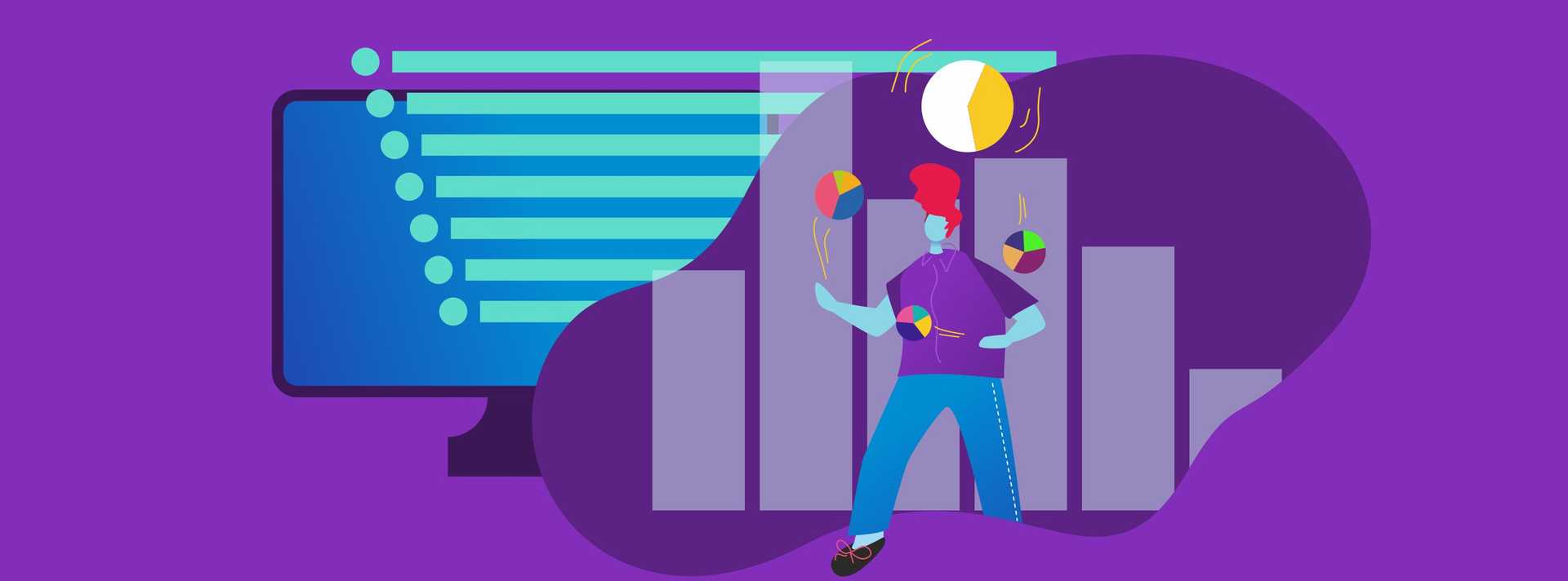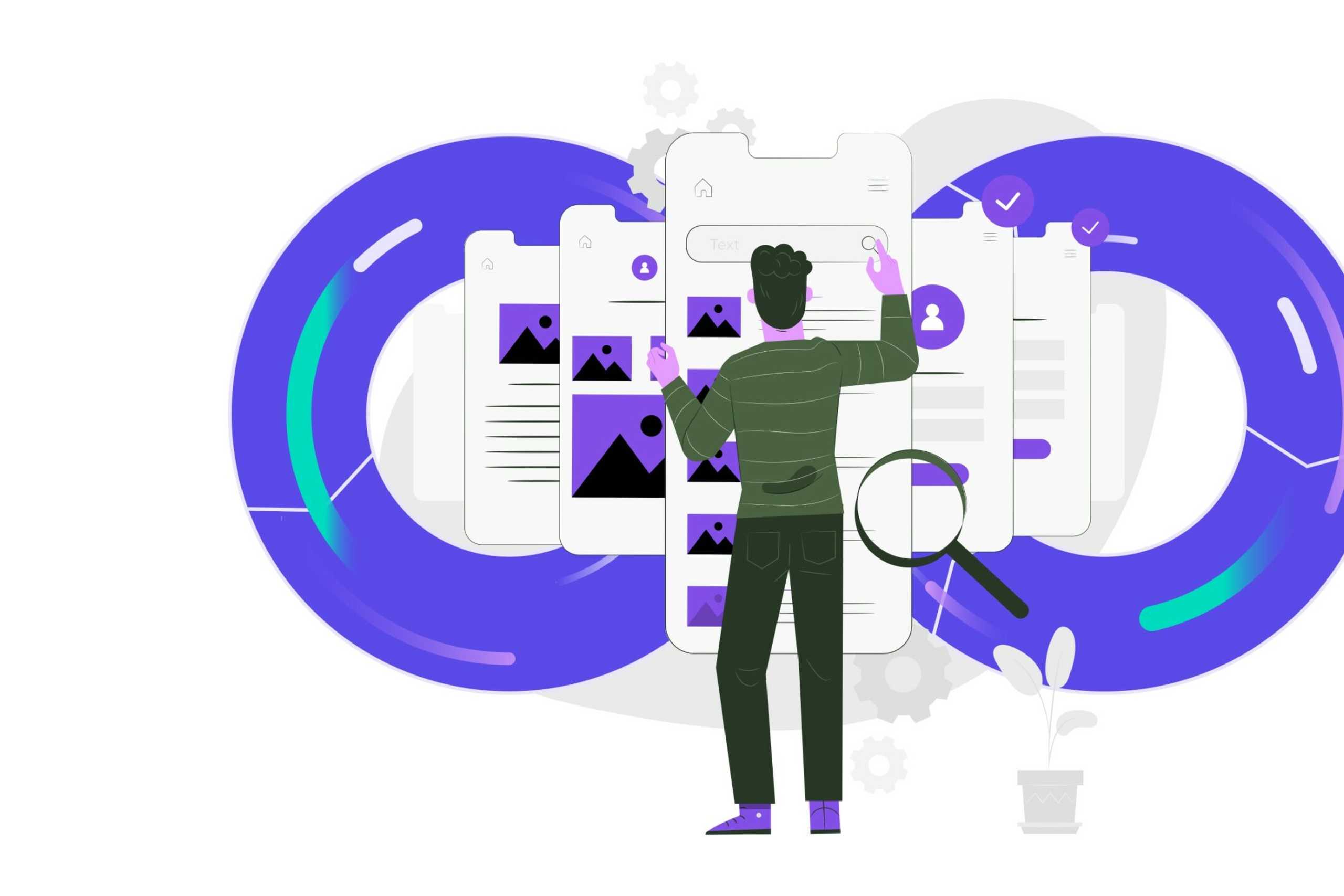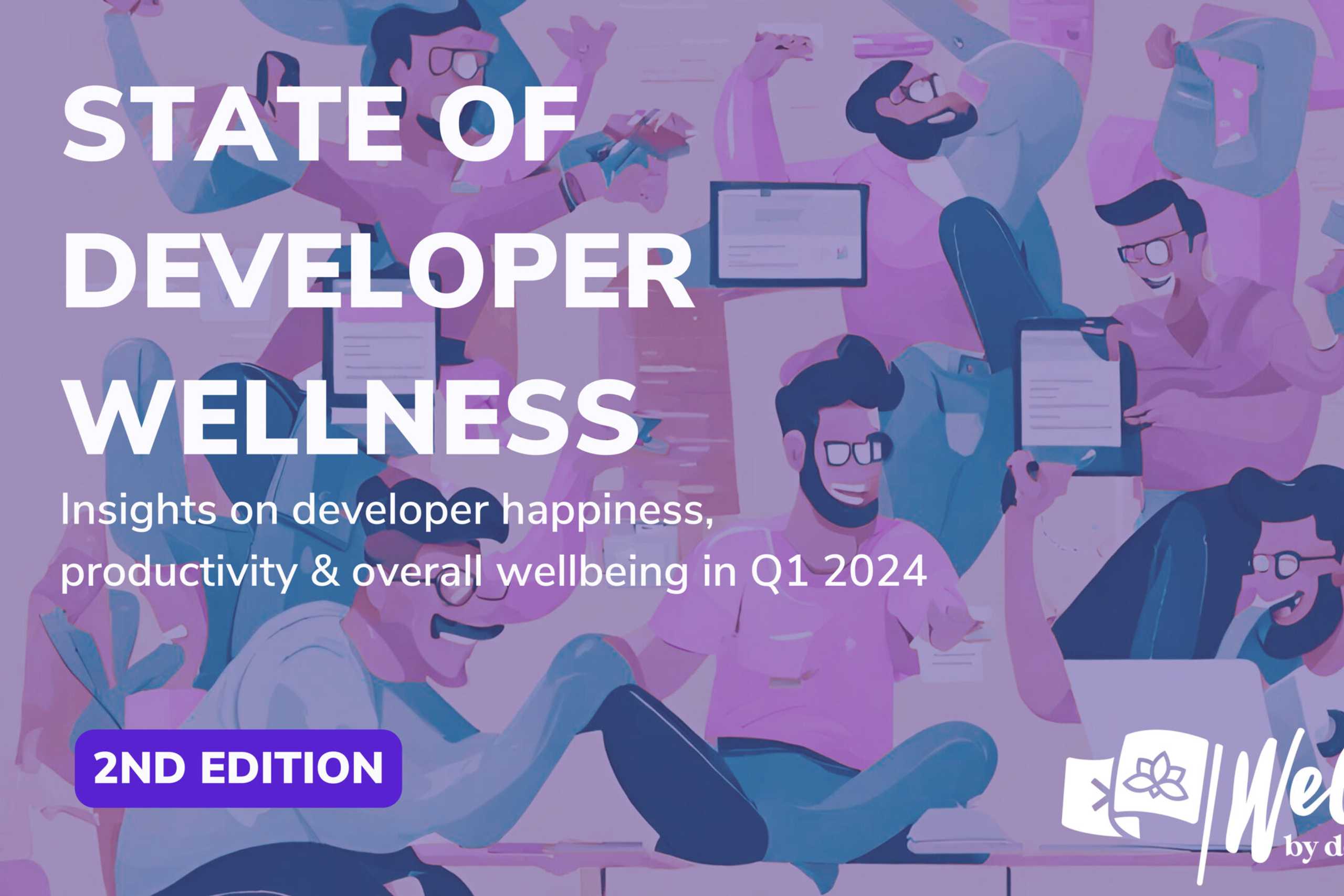
December 10, 2019
First of all – thank you. Thank you for taking, or even for just considering taking, our Developer Economics Survey. Some of you have given us feedback (yes, we do read all of it!) asking what the survey is about, where we use the data, why we do this, and “who are you people anyway”? Right. About time we provided a comprehensive answer then! Transparency is, after all, one of our core values.
- “Be more transparent about how you will use the data, who you will sell it to, how much you intend to spam me, and why, exactly, are you offering a range of inducements at later stages”
- “Explaining a bit more what is this for. :)”
- “More detailed description of your activities and details of cooperation with you for new users.”
- “You just started to ask questions w/o sharing why you are asking your questions… Why?”
- “It’s a little hard to be sure who this data is for. It seemed like it came from Mozilla, but got so many questions about Microsoft it made we wonder!”
- “It’s cool but needs to be explained in more detail”
Our mission is to help the world understand and support developers.
In this way, we aim to contribute to evolving technology in all the ways that matter to developers and, consequently, to end users too. The Developer Economics surveys are our means of doing just that. Yes, of course we sell the insights and the anonymised aggregate data in the process, as we also need to make a living somehow. But out of all the ways in which we could be making a living, we very consciously choose this one, as we are a team of people who first of all strive to make this world a better place in the infinitesimal ways that we can, and this is our very own geeky way of doing so. We are sworn data geeks, or as our marketing team more elegantly puts it: Data is in our DNA.
Now, as to who our data and insights go to: Our client base includes the leading tech organisations, such as Microsoft, Intel, Google, Amazon, Facebook, Mozilla and many more. We take pride in supporting them to design future technologies around actual developer needs and wants – your own needs and wants. So please be truthful in your answers, or you may lead the decision makers, and therefore your development tools, in a very wrong direction!
Not all of our data is behind a paywall though.
As a thank you to all of you who contribute to our life’s work, we release our free State of the Developer Nation report, filled with what we hope is valuable information for all developers out there, whether professionals, hobbyists, or just students on the onset of their exciting journey in the world of software development.
There are also free interactive graphs that aim to help you benchmark yourself (or rather, your technology choices) against the rest of the community. Check out the resources space on our Developer Economics website for all the data goodies we have to offer.
It’s not just data we give back to the community.
For the past three surveys and for every qualified response that you provided us, we have been donating $0.10 to a good cause within the developer world. In previous years we supported the Raspberry Pi foundation, and at the same time asked you to tell us where you think our contributions would count the most.
Many of you suggested we should support women in coding, and also developers in Africa. Combining the two suggestions, this time around, and for every qualified response that you provide us, we donate $0.10 to the South African Chapter of Women in Big Data.
Thank you for making this happen!
- “How are you supporting female developers?”
- “Help the developers in west Africa gain the knowledge we desire.”
- “It would be great if sub-sahara African countries could get more attention and accessibility to internship with all these companies.”
- “Just want to suggest that you consider investing in Nigeria as the youth are passionate about learning but the constraints are just too much. To give you an idea, compare our achievements with the available resources.”
Onto the key question: what data do we collect? Here are the highlights.
We track key trends in ten development areas, namely mobile, desktop, web, backend, industrial IoT, games, augmented and virtual reality, consumer electronics, machine learning and data science, and apps/extensions to third party ecosystems (such as voice or CRM platforms). For the areas you tell us you’re involved in we ask you which programming languages, tools and platforms you use, how happy you are with the ones that you use (say, with your selected Cloud PaaS), and what you consider important in tools/platforms of this category (for example, scalability, ease of development, community). We ask you not just about the “how”, but also about the “what” and the “why”: why you got into development to begin with, what type of projects you’re working on, if and how you’re building a business around software development, and more. By understanding your motivations, projects and aspirations the technology builders can design solutions that are better suited to help you achieve your goals. We also ask about your learning interests, methods, and needs. Hopefully, that will lead to learning experiences suited to your style. Last but not least, and in order to help focus efforts on the most promising technologies, we gauge interest in and measure adoption of relatively new or emerging technologies, such as fog/edge computing and self-driving cars.
Developer Economics Survey: We know it is long.
Taking in your past feedback on the matter, we have put effort in making it shorter, and when some of you actually noticed I am not (very) ashamed to say I was hopping around the room in excitement. Some of you suggested that we break it down into smaller surveys. I might as well admit it, I am the villain who stubbornly resists that change!
The reason is simple: most of you are involved in more than one development areas, using multiple categories of tools, and the whole point here is to capture your full experience, across all sectors, and to map synergies between tools and platforms. We wouldn’t be able to do that if we were to ask you about each of the areas in a separate survey (plus we would be pestering you to take a survey ten times as much! You’re convinced now, right?). As another of our core values is to be data-driven, here’s the key data point behind this decision: “More than 80% of developers are involved in 2+ of the development areas that we track, and half are into at least four.”
This is just an outline of who we are, what we do, and why. In case you have any comments or questions, please feel free to drop us a note and let us know of your thoughts. If you have already taken our 18th Developer Economics survey, we hope you enjoyed it and that you’ll spread the word among your friends – we’d love to welcome you all to our community. If you haven’t yet taken the survey we very much hope that you will, and that you won’t forget to say hello under that “Anything we forgot to ask?” open question at the end! There are 20+ pairs of eyes eagerly reading your feedback almost in real time, and virtually waving back to you. See you there.
Contact us
Swan Buildings (1st floor)20 Swan StreetManchester, M4 5JW+441612400603community@developernation.net



